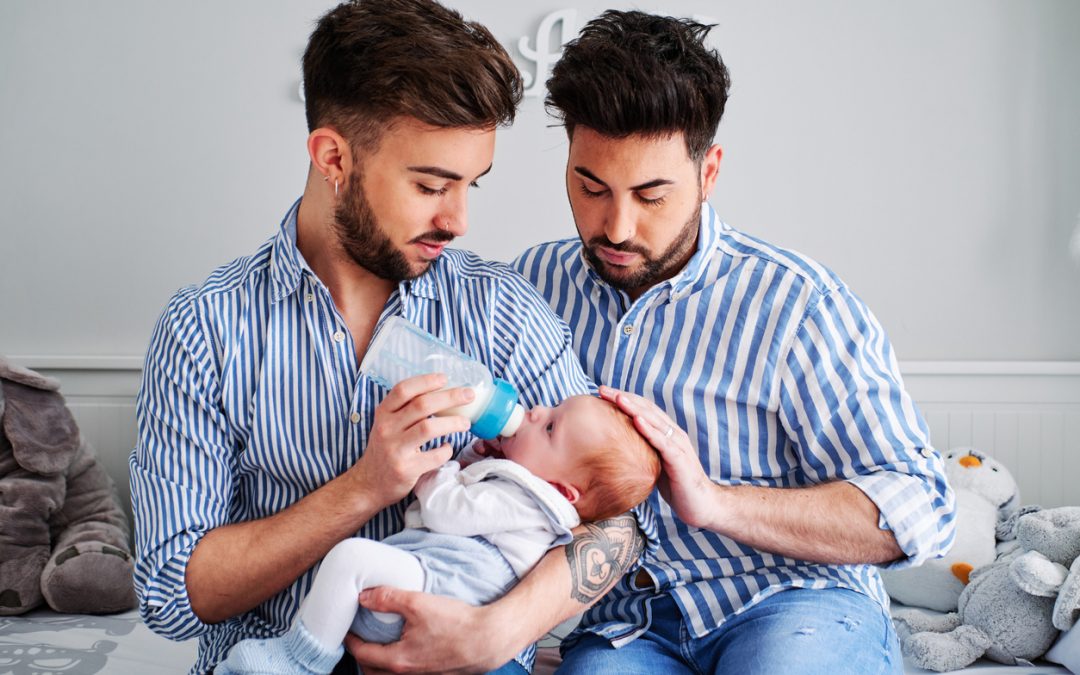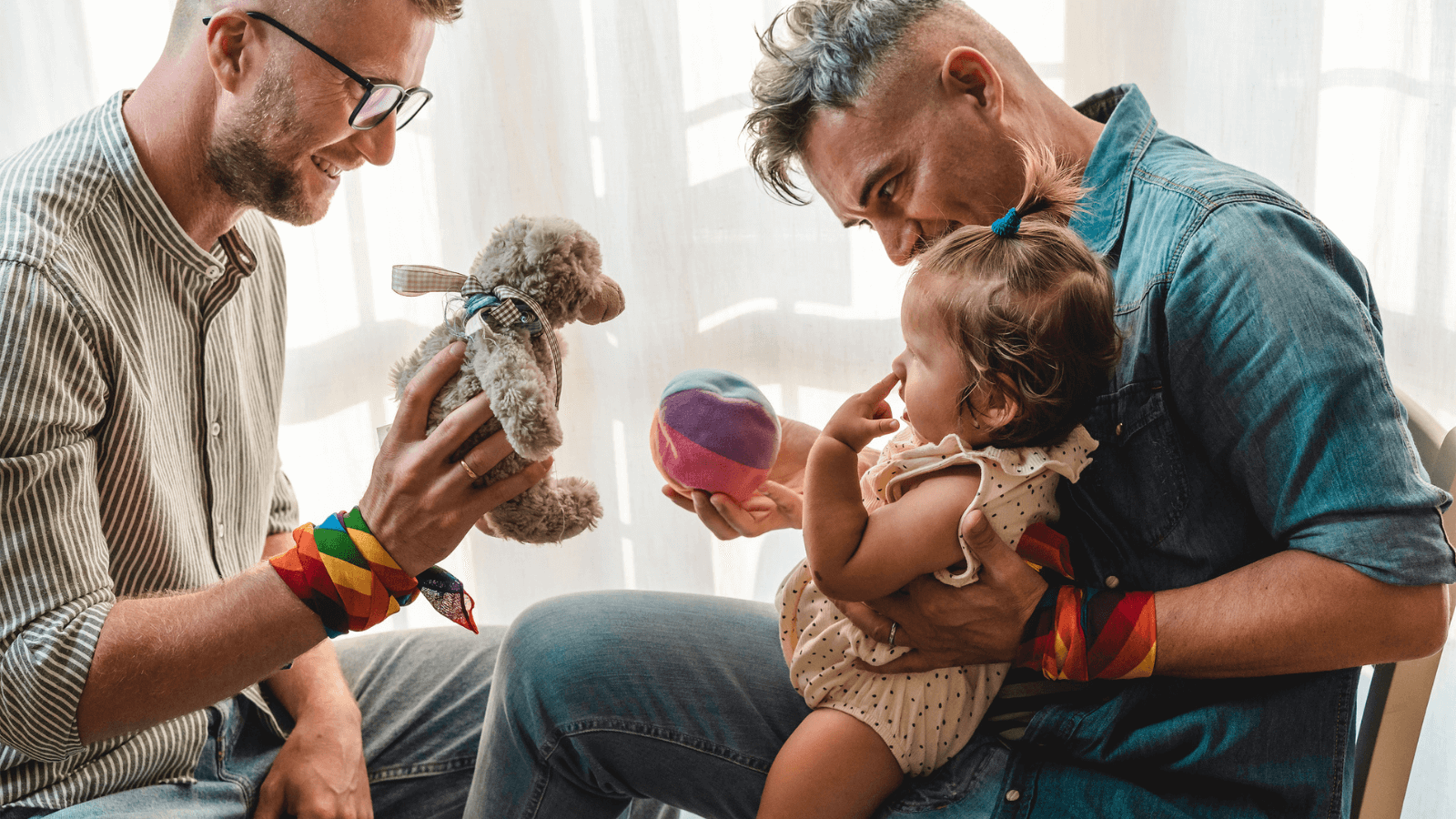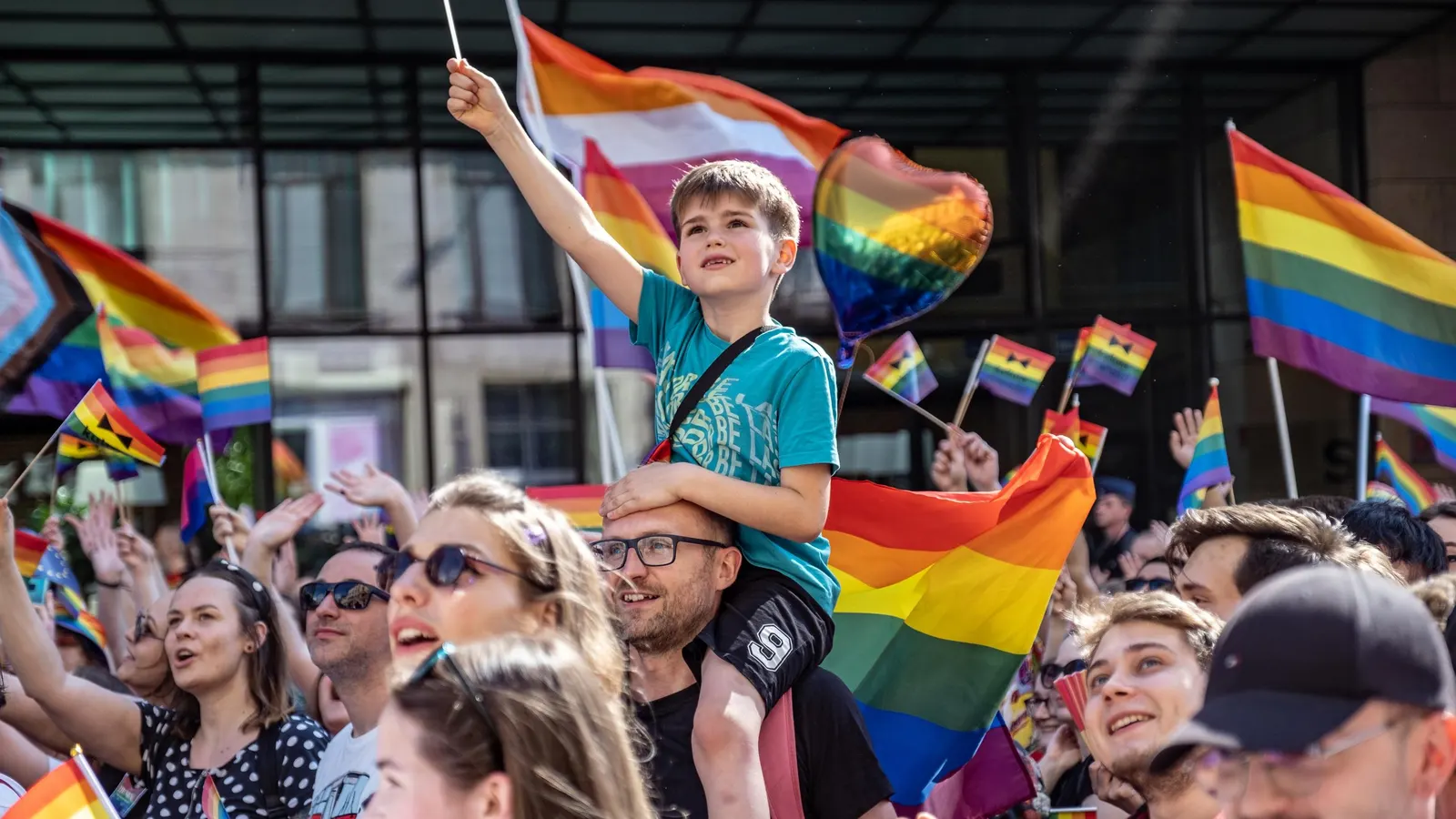Why Is LGBTQ Adoption and Foster Parenting Important?
LGBTQ adoption and foster parenting are essential as they provide loving homes to children and foster acceptance and diversity in society. Diverse family structures offer indispensable support to LGBTQ individuals, empowering them to provide nurturing environments for kids in need. Affirming homes help LGBTQ youth navigate their identities with confidence and love, challenging stereotypes and promoting inclusivity. By advocating for equality and rights, LGBTQ adoption and foster parenting create a world where every child feels valued and supported, shaping a more accepting society. Understanding the significance of LGBTQ adoption and foster parenting is key to building a more compassionate and diverse community.
Key Takeaways
- LGBTQ individuals provide loving and nurturing homes.
- Diverse family structures offer supportive environments.
- Children benefit from inclusive and accepting caregivers.
- LGBTQ adoption fosters empathy and understanding.
- Advocating for LGBTQ rights ensures equality in parenting.
Diverse Family Structures Offer Support

Embracing diverse family structures can provide valuable support and stability for LGBTQ individuals considering adoption or foster parenting. Building strong support networks is essential for LGBTQ individuals maneuvering through the adoption or foster care system. Family acceptance plays a pivotal role in creating a nurturing environment for children in need of a loving home.
When LGBTQ individuals have diverse family structures that embrace and support them, they’re more likely to feel empowered to pursue adoption or foster parenting. These support systems offer encouragement, guidance, and a sense of belonging during what can be a complex and emotionally challenging process. Family acceptance not only benefits the LGBTQ individual but also the children who’ll become part of their family.
LGBTQ Youth Find Affirming Homes

Establishing affirming homes for LGBTQ youth is an essential step in providing them with the love and support they need to thrive. LGBTQ youth often face unique challenges and struggles when it comes to finding supportive environments where they feel accepted and understood. Affirming relationships play a pivotal role in helping these youth navigate their identities and experiences with confidence and pride.
In these affirming homes, LGBTQ youth can find the understanding and validation they may not receive in other settings. Supportive environments foster a sense of belonging and safety, allowing these youth to express themselves authentically without fear of judgment or discrimination.
Affirming relationships with caregivers who respect and celebrate their identities can have a profound impact on LGBTQ youth’s mental health and overall well-being.
Breaking Stereotypes and Stigma

Challenging misconceptions and dispelling stigma surrounding LGBTQ individuals in the context of adoption and foster parenting is essential for creating inclusive and supportive environments for all children. By actively challenging norms and promoting acceptance, you contribute to breaking stereotypes and fostering understanding within society. LGBTQ individuals have the capacity to provide loving and nurturing homes for children in need, regardless of their sexual orientation or gender identity.
It’s important to recognize that families come in all shapes, sizes, and forms, and what truly matters is the love and care they provide to children. By breaking down barriers and embracing diversity, we can create a more inclusive and accepting environment for everyone involved in the adoption and foster care process.
Your openness and willingness to challenge stigma play a critical role in shaping a world where every child feels valued and supported, regardless of who their caregivers may be. Together, we can build a more compassionate and inclusive future for all children.
Fostering Inclusive and Accepting Communities

To create inclusive and accepting communities, it’s essential to prioritize understanding and respect for all individuals, regardless of their background or identity. Building understanding and fostering empathy are key components in promoting diversity and celebrating love within our communities.
By actively listening to and learning from people with different experiences, we can cultivate a more inclusive environment where everyone feels valued and accepted.
Fostering empathy involves putting yourself in someone else’s shoes and seeking to understand their perspectives, even if they differ from your own. When we embrace diversity and recognize the unique contributions of every individual, we create a space where love can flourish without judgment or discrimination.
Advocating for Equality and Rights
Advocating for equality and rights is vital in ensuring that all individuals are treated with dignity and respect, regardless of their sexual orientation or gender identity. Through advocacy efforts, the LGBTQ community aims to create a more inclusive and accepting society where everyone can live authentically without fear of discrimination.
Policy changes play an important role in safeguarding the rights of LGBTQ individuals in various aspects, including adoption and foster parenting. By advocating for equality, you aren’t only standing up for your own rights but also paving the way for a more equitable future for generations to come.
Your voice matters in driving the necessary policy changes that can dismantle systemic barriers and promote a more inclusive environment for LGBTQ individuals seeking to adopt or become foster parents. Through collective advocacy efforts, real change can be achieved, ensuring that LGBTQ individuals have equal opportunities to provide loving and nurturing homes for children in need.
Embrace the power of your voice in advocating for equality and rights, and together, we can create a more inclusive and accepting world for all.
Frequently Asked Questions
Are LGBTQ Parents Less Likely to Provide a Stable Home Environment?
You might wonder if LGBTQ parents are less likely to provide a stable home environment, but family dynamics and stability depend on love and support, not sexual orientation. Parenting skills are what truly matter.
Do LGBTQ Parents Have the Same Legal Rights as Heterosexual Parents?
You have the same legal parental rights as heterosexual parents. Society’s growing acceptance acknowledges that love, not orientation, defines good parenting. Ensuring equal rights for LGBTQ parents benefits families and promotes inclusivity in our communities.
How Does LGBTQ Parenting Impact a Child’s Development and Well-Being?
In LGBTQ parenting, children experience positive impacts on development and well-being. Your growth is nurtured through acceptance and support, fostering a sense of belonging and resilience. Embrace the love and guidance that comes from being part of an affirming family.
What Challenges Do LGBTQ Parents Face in the Adoption Process?
Embarking on the adoption process as LGBTQ parents can be challenging due to legal barriers and societal attitudes. However, with support and advocacy, you can overcome these obstacles and provide a loving home for a child in need.
Are LGBTQ Families More at Risk of Discrimination in the Foster Care System?
In the foster care system, LGBTQ families may face discrimination due to lack of inclusivity. Ensuring equal opportunities and support for all families is essential to combat this issue and provide a safe environment for children in need.
Conclusion
In summary, LGBTQ adoption and foster parenting play a significant role in providing supportive and affirming homes for children in need. By breaking stereotypes, fostering inclusive communities, and advocating for equality, these families are making a positive impact on society.
Embracing diverse family structures helps create a more accepting and understanding world for all individuals. Your support and recognition of the importance of LGBTQ families in the adoption and foster care system can truly make a difference in the lives of many.

Hey there! 👋 I’m a proud mom and passionate writer, sharing my parenting journey. 📝 Join me as I navigate the ups and downs of motherhood, offering tips, advice, and a sprinkle of humor along the way. 🌟







